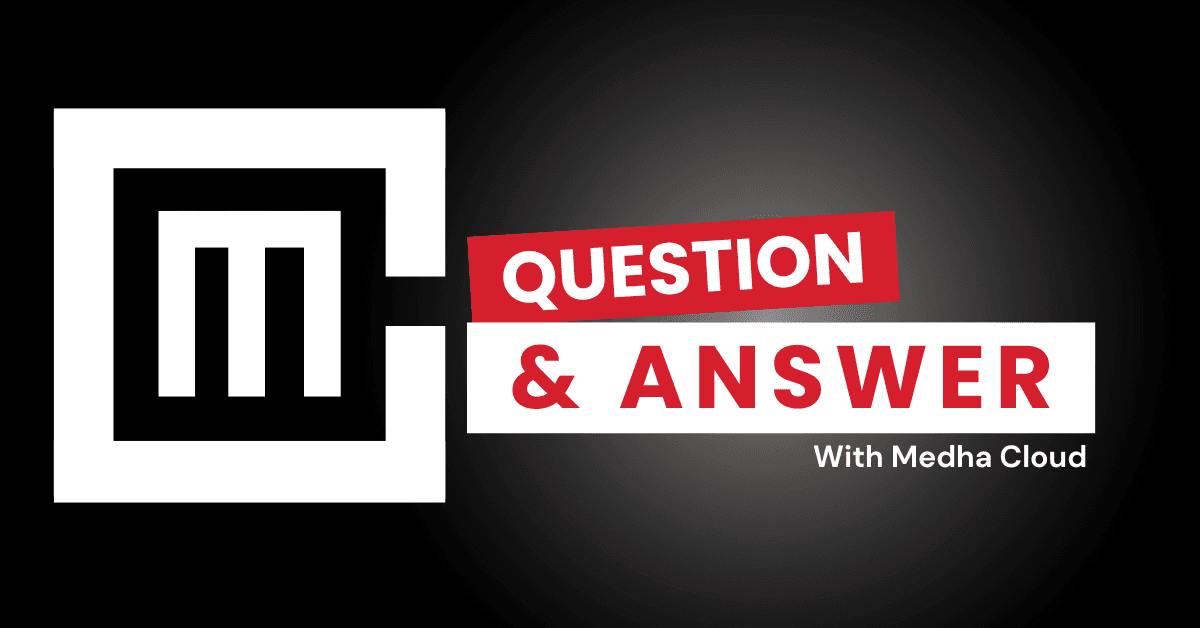A Managed Service Provider (MSP)’s Service Level Agreement (SLA) should include clear performance metrics, defined responsibilities, escalation procedures, and remedies for unmet obligations. These elements ensure transparency, accountability, and alignment with business goals.
Key elements of an MSP’s SLA
1. Scope of services
- Defines the specific services covered, such as:
- Network monitoring and maintenance.
- Cybersecurity measures.
- Help desk and support availability.
- Backup and disaster recovery solutions.
- Clearly states what is excluded from the agreement.
2. Performance metrics
- Specifies measurable Key Performance Indicators (KPIs), such as:
- Uptime guarantees: Typically 99.9% or higher for critical systems.
- Response times: Time taken to acknowledge and begin resolving an issue.
- Resolution times: Maximum time allowed to resolve specific issues.
- Includes thresholds for acceptable performance.
3. Roles and responsibilities
- MSP responsibilities:
- Proactively monitor systems.
- Implement security patches and updates.
- Provide regular reporting and audits.
- Client responsibilities:
- Provide access to necessary systems and data.
- Inform the MSP of planned changes affecting IT infrastructure.
- Comply with internal security policies.
4. Support availability
- Defines service hours, such as:
- 24/7 support.
- Business hours or on-call support.
- Includes contact methods (phone, email, ticketing system) and escalation procedures.
5. Compliance and security requirements
- Outlines obligations for regulatory compliance (e.g., GDPR, HIPAA, PCI DSS).
- Includes data privacy and security standards, such as encryption and access control.
6. Reporting and monitoring
- Specifies the frequency and format of performance reports.
- Details tools used for monitoring (e.g., SIEM, EDR).
- Includes metrics like system uptime, incident response times, and issue trends.
7. Remedies for SLA violations
- Service credits: Refunds or discounts for unmet KPIs.
- Termination rights: Option to terminate the contract for repeated SLA breaches.
- Dispute resolution: Procedures for resolving conflicts over performance issues.
8. Escalation and incident management
- Defines how incidents are categorized (e.g., critical, high, medium, low priority).
- Includes escalation paths for unresolved issues.
- Provides timelines for updates and resolution at each escalation level.
9. Change management
- Outlines procedures for handling changes to services or infrastructure.
- Includes how amendments to the SLA are negotiated and implemented.
10. Termination conditions
- Specifies the circumstances under which the SLA or MSP contract can be terminated.
- Includes notice periods and obligations for data transfer or system handover.
Benefits of a comprehensive SLA
- Clarity: Ensures both parties understand their roles and expectations.
- Accountability: Holds the MSP accountable for service performance.
- Continuity: Reduces risks of downtime and service disruptions.
Need an SLA tailored to your business?
Medha Cloud offers detailed, enforceable SLAs as part of our managed IT services.


